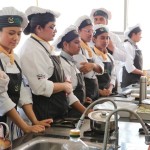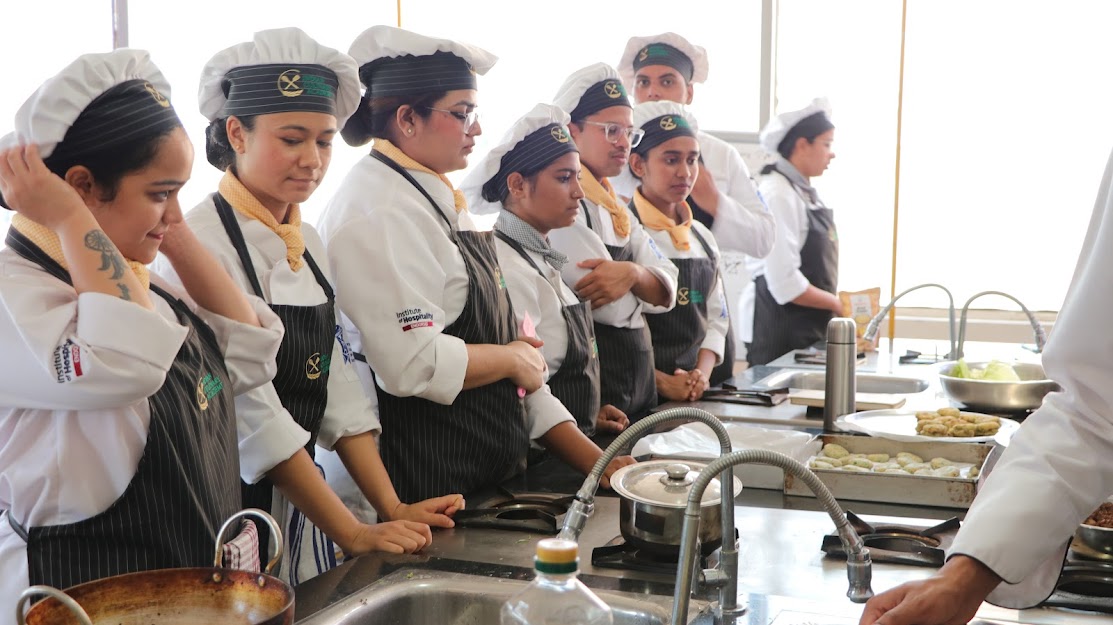International culinary courses are educational programs designed to provide aspiring chefs and culinary enthusiasts with comprehensive training in the art and science of cooking. These courses are often offered by culinary schools, universities, and institutes around the world, and they aim to impart the skills and knowledge needed to pursue a successful career in the culinary industry. Here are some key aspects of international culinary courses:
Curriculum:
- International culinary courses typically cover a wide range of topics, including culinary techniques, food preparation, nutrition, kitchen management, food safety, and gastronomy.
- The curriculum often includes both theoretical and practical components. Students may learn about different cuisines, cooking styles, and culinary traditions from various parts of the world.
Hands-On Training:
- Practical, hands-on training is a crucial component of culinary education. Students often spend significant time in professional kitchens, where they gain practical experience in preparing a variety of dishes under the guidance of experienced chefs.
International Cuisine Focus:
- Many culinary courses have an international focus, exposing students to diverse culinary traditions and global flavors. This can include learning about the cuisines of Europe, Asia, the Americas, and other regions.
Duration and Levels:
- Culinary courses can vary in duration, ranging from short-term workshops to more extensive diploma or degree programs.
- Some courses cater to beginners or home cooks seeking to enhance their skills, while others are designed for those pursuing a professional career in the culinary arts.
Certifications and Degrees:
- Successful completion of a culinary course may lead to various certifications or degrees, such as certificates, diplomas, or bachelor's degrees in culinary arts or hospitality management.
Industry-Relevant Skills:
- Students are taught not only cooking techniques but also essential skills related to kitchen management, menu planning, and the business aspects of the culinary industry.
Networking Opportunities:
- Culinary courses often provide opportunities for students to connect with industry professionals, chefs, and fellow students. Networking can be valuable for future job opportunities and collaborations.
Internships and Placements:
- Some culinary programs incorporate internships or work placements, allowing students to gain real-world experience in professional kitchens or hospitality establishments.
Global Recognition:
- Culinary schools with international acclaim may offer programs that are recognized globally, providing graduates with a competitive edge in the job market.
Evolution with Industry Trends:
- Culinary courses often evolve to incorporate current industry trends, such as sustainable cooking practices, farm-to-table concepts, and the use of innovative technologies in the kitchen.
Before enrolling in an international culinary course, it's essential for individuals to research and choose a reputable institution that aligns with their career goals and preferences.






Comments